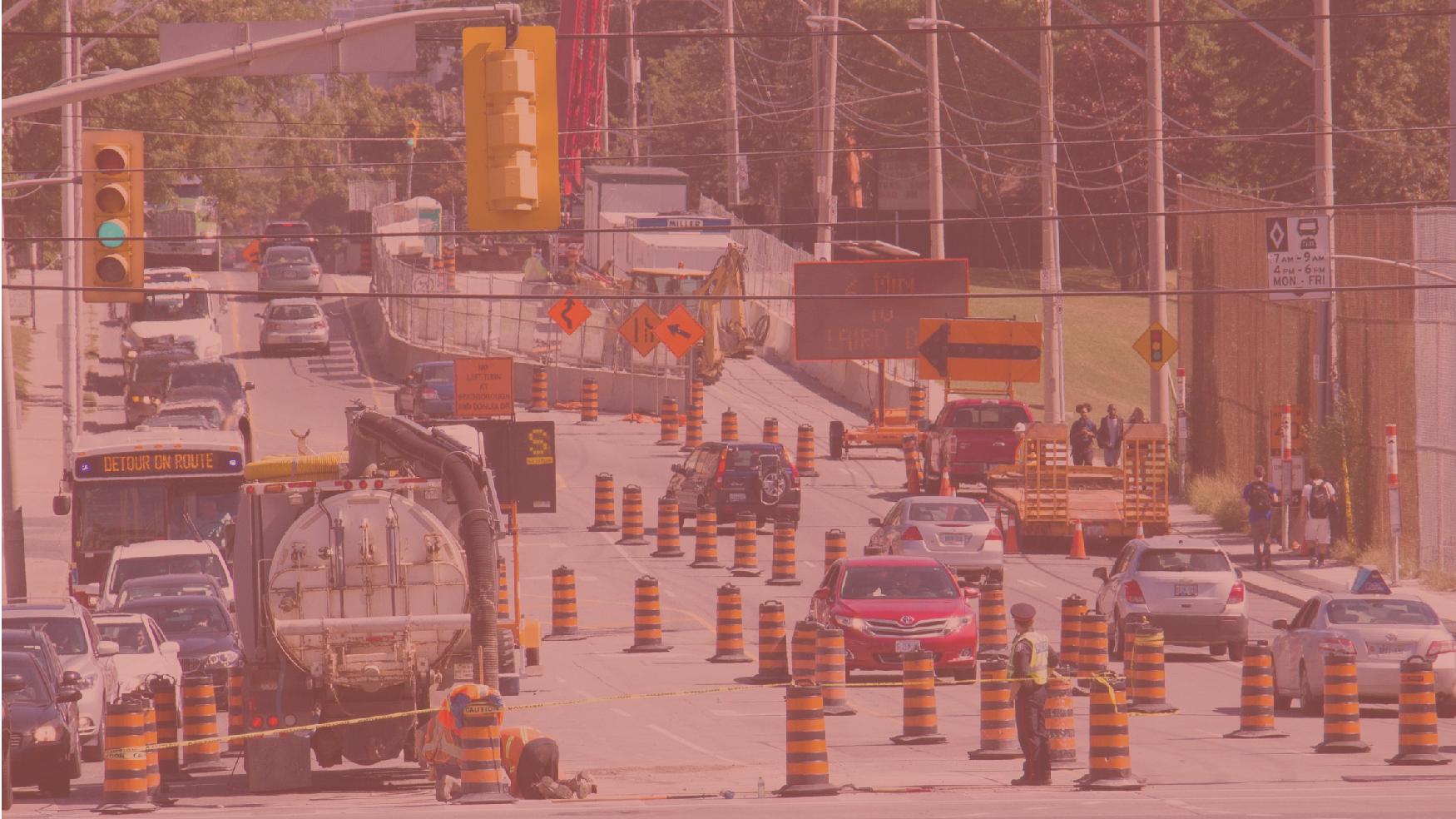The Basics
Let’s start with the basics. In the eyes of a mortgage lender, there are many kinds of workers who are considered self-employed (See below).- Incorporated business owners that pay themselves a salary from their corporation
- Registered business owners
- Incorporated professionals
- Contract workers in a company (ie. Real Estate agents, independent contractors)
- Lyft and Uber Drivers
What Should You Do Before You Apply for a Mortgage?
You will need to compile a significant amount of documentation prior to applying for a mortgage with a lender. If you have the following documents prepared ahead of time, it will make the lending process much easier and reduce potential headaches. Self-employed workers generally obtain mortgages through stated income applications through the lender. These applications require proof of self-employment and a signed income declaration (Canada Revenue Agency’s notice of assessment and the Statement of Business or Professional Activities – form T2125). The stated income is simply how much you claim you have earned. If you claim a certain amount, you must be prepared to prove it by submitting the following documents:- Your income tax returns and notices of assessment for the previous two to three years;
- Your Notices of Assessment from the Canada Revenue Agency to confirm you have no tax liability. Keeping up your tax payments shows your reliability;
- Proof that your HST and/or GST is paid in full;
- A copy of your business license or articles of incorporation showing you’re licensed;
- Financial statements for your business. You have to be ready to explain your business—your income, expenses, and when you believe that you’ll eventually break even;
- Proof that you are a principal owner in the business;
- Client contracts showing expected revenue for the coming years; and
- Have a down payment available of at least 15%.
What if You Still Get Turned Down?
Self-employed Canadians have a few options, should they be turned down for financing.- Consider waiting a little longer to purchase a home. I know that’s not what you wanted to hear, but if you can save more money for a larger down payment, that will mean that you will have to borrow less money from the lender.
- Find a family member with good credit and a well-paying salaried job that would be willing to co-sign or be a guarantor on the mortgage.
- Visit a mortgage broker instead of your bank to see if they might be able to find alternative options for you. Be careful though. Going through alternative sources may result in a higher down payment requirement or higher fees.
Important Things to Focus On
The main points self-employed workers should focus on when deciding to move forward with home ownership are the following:- Start the collection of your financial documents early. Keep track of every work-related document, any contracts, or financial records that show proof of your income and your employment.
- Make sure that you pay your taxes and that you do not owe anything to the government.
- Talk to a trusted mortgage professional who specializes in self-employed mortgage lending before you go through the process. This can save you a lot of time and effort.
Do you need a recommendation for a mortgage broker or have any questions? Call, text, or email me anytime!


